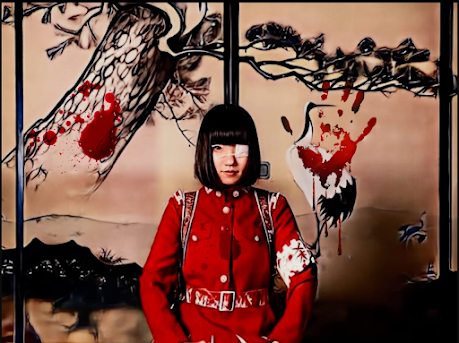Dr. Jekyll and Mr. Hyde: A Deep Dive into Dual Personality
The novella "Strange Case of Dr. Jekyll and Mr. Hyde," penned by Robert Louis Stevenson, delves into the enigmatic realm of human psychology, exploring the concept of dual personality. This captivating tale has intrigued readers for generations, sparking discussions about the duality that resides within each individual.
Symbolism and Metaphor
The dual nature of Dr. Jekyll and Mr. Hyde serves as a powerful metaphor for the inherent conflict between good and evil within all humans. The story prompts readers to question the boundaries between morality and immorality, civility and savagery, and the masks we wear to fit into societal norms.
Conclusion
"Strange Case of Dr. Jekyll and Mr. Hyde" remains an enduring exploration of the human psyche's complexities. Through the characters of Jekyll and Hyde, readers are confronted with the unsettling notion that darkness resides even within the most respectable individuals. This literary masterpiece challenges us to reflect on the duality that exists within ourselves and to acknowledge the intricate interplay between our light and shadow selves.
In delving into the psychological intricacies of Dr. Jekyll and Mr. Hyde, we unlock a deeper understanding of human nature's complexity. This classic tale continues to captivate, reminding us that beneath the surface of civility, a world of darkness and light coexists.
Dr. Jekyll: The Facade of Respectability
Dr. Henry Jekyll, a respected and accomplished physician, represents the outward persona of respectability and scientific achievement. However, beneath his veneer lies a curious obsession with the human psyche's hidden dimensions. Driven by a desire to separate the "good" and "evil" aspects of human nature, Jekyll formulates a potion that transforms him into the sinister Edward Hyde.Mr. Hyde: The Unleashed Darkness
Edward Hyde personifies the primal, uncensored impulses residing within Dr. Jekyll. Unleashed by the potion, Hyde embodies the darker aspects of human nature without any moral constraints. His actions range from callous to malevolent, revealing the unsettling truth that lurks beneath societal facades.The Psychology Behind the Transformation
The transformation of Dr. Jekyll into Mr. Hyde mirrors the psychological concept of the "shadow self." Carl Jung, a renowned psychologist, introduced this idea, suggesting that every individual harbors hidden aspects of their personality, often suppressed due to societal norms. Jekyll's experimentation can be seen as an attempt to confront and understand his shadow self, ultimately leading to tragic consequences.Implications in Modern Psychology
Stevenson's narrative predates modern psychological theories like Dissociative Identity Disorder (DID), which involves the coexistence of multiple distinct personalities within an individual. While Jekyll and Hyde are not textbook examples of DID, the novella raises questions about the malleability of the human psyche and the potential for individuals to exhibit contrasting behaviors.Symbolism and Metaphor
The dual nature of Dr. Jekyll and Mr. Hyde serves as a powerful metaphor for the inherent conflict between good and evil within all humans. The story prompts readers to question the boundaries between morality and immorality, civility and savagery, and the masks we wear to fit into societal norms.
Conclusion
"Strange Case of Dr. Jekyll and Mr. Hyde" remains an enduring exploration of the human psyche's complexities. Through the characters of Jekyll and Hyde, readers are confronted with the unsettling notion that darkness resides even within the most respectable individuals. This literary masterpiece challenges us to reflect on the duality that exists within ourselves and to acknowledge the intricate interplay between our light and shadow selves.
In delving into the psychological intricacies of Dr. Jekyll and Mr. Hyde, we unlock a deeper understanding of human nature's complexity. This classic tale continues to captivate, reminding us that beneath the surface of civility, a world of darkness and light coexists.




Comments
Post a Comment